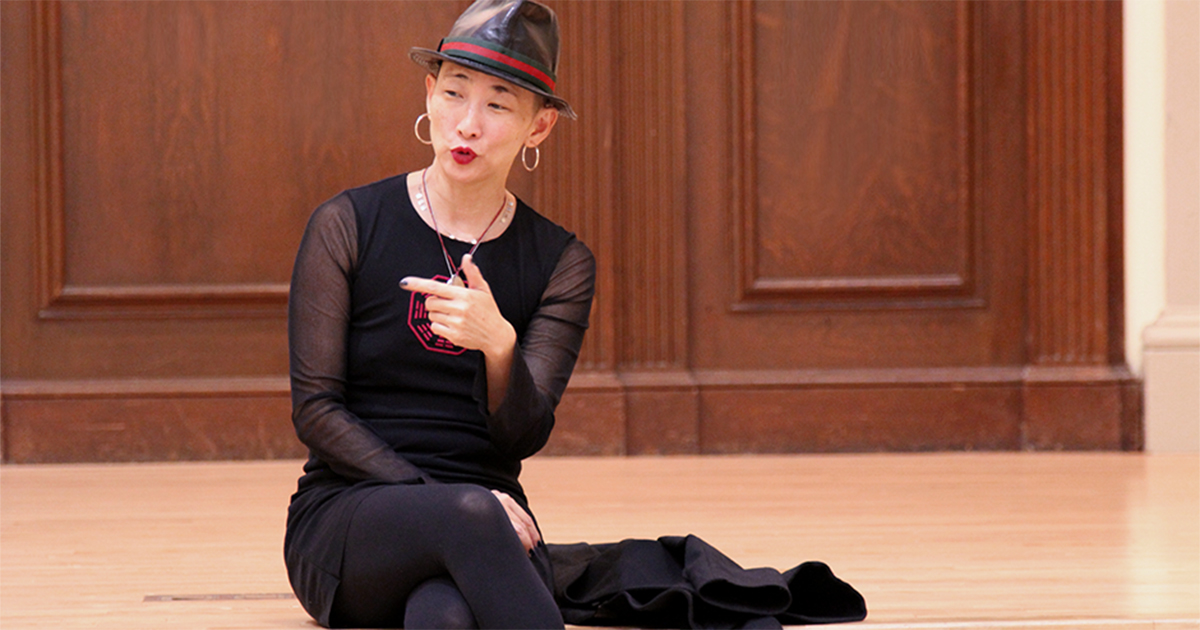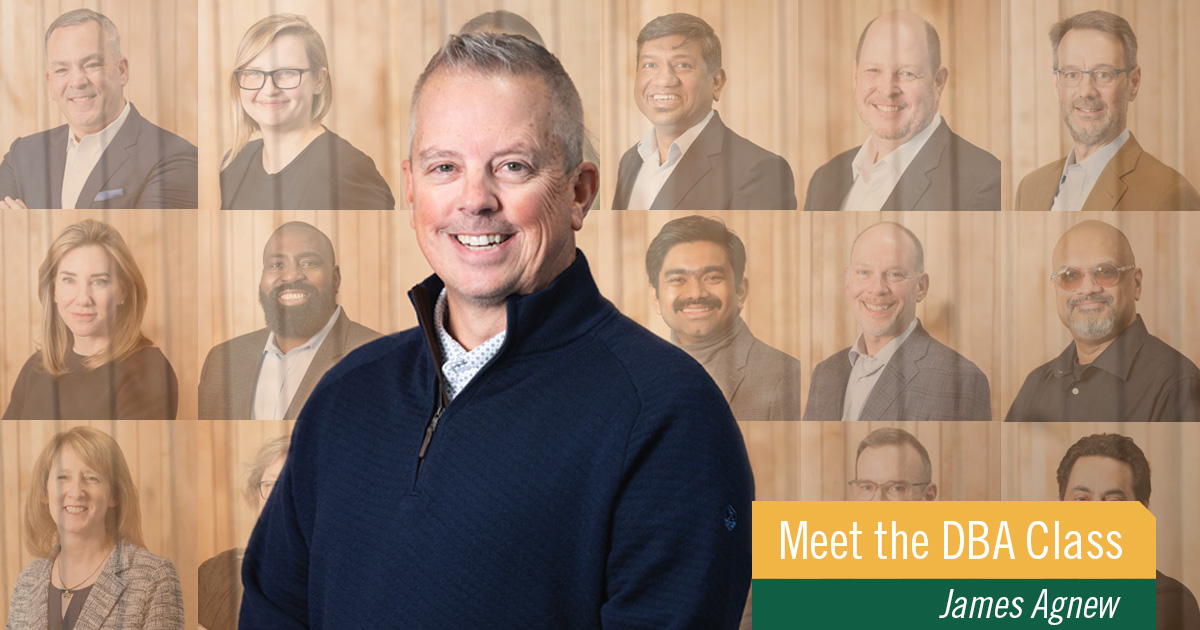Hanging in the Balance with Sophia Chang

On any given day, Sophia Chang could be producing a fashion show for Bravo’s “Project Runway All Stars” or promoting a concert for Q-Tip. Find her side by side with GZA from the Wu-Tang Clan running Science Genius, a program that uses rap as a tool to get New York City high schoolers excited about science, or in residence with the Center for Women’s Entrepreneurial Leadership at Babson College, where she coaches student entrepreneurs. Both personally and professionally, Chang is a master of the balancing act.
Along the way, working in music has captured Chang’s imagination and creativity the most. Although she enjoys working in fashion, she describes it as being a more mercenary experience. “I’d much prefer to be passionate about my work,” she says, and explains that keeping a separation between her work in fashion and passion for music isn’t intentional.
“There are other things I think it’s important to bifurcate in work: personal and business, for one. I think women tend to take things more personally than men and it rarely serves us. That may sound sexist, but it’s been my personal experience. I try to keep my emotions out of the workplace, there’s very little place for them.”
According to Chang, this idea of balance turns up when it comes to networking, too. Connecting with the right person at the right time and striking the perfect balance of being compelling without being aggressive can make or break an interaction. “You have to be very strategic about when you’ll approach someone,” she says. “Once I spot my target, I sit back, observe, and consider what I’m going to use as my opening statement as that’s all I may get to say. One of the biggest mistakes I still make, though less often, is waiting too long and letting the opportunity pass. Like everything, networking is experiential: you get better at it as you practice.”
During the early years of her career, Chang emphasized maintaining balance between going with her gut and being guided by her head. “I come from an academic family and tend to overthink and overanalyze,” she said. “In terms of my career, I wish I’d trusted my instincts more and been more fearless … it’s critical to listen to instinct, and it’s often right.” When she was at Atlantic Records, Chang worked with Sylvia Rhone, who would go on to become the first female chairman and CEO of a major record label. Chang describes Rhone as a powerhouse, very gracious, encouraging, beautiful, smart, and a beast. “I sat in on a meeting about an Everything But The Girl record, and thought to myself that it would work well for R&B radio but was too scared to speak up.” True to Chang’s instincts, it was a huge hit on R&B stations a week or two later.
There is a time and a place, however, to put the whole notion of balance and moderation on the back burner in favor of wholehearted dedication to a cause. Chang has thrown her energy behind breaking down racial and physical prejudices in music and fashion. “The biggest repeat offense is simply the codified language of racism,” she says. Chang is Korean, and while people no longer freely sling the racial slurs she grew up hearing, she says the same prejudices make their way into behavior and language in a much more subtle and perfidious way.
“Being Asian, white people assume that you identify as white. In other words, they won’t say anything negative about Asians around you but boy, will they go to town on blacks and Latinos,” Chang says. “Once when I was working for the designer Vivienne Tam, we were having a casting meeting. A white woman was running down the prospective models for us, and described one as “Puerto Rican, but really pretty.” I immediately called her out—she’d implied that Puerto Ricans aren’t usually pretty. She backpedaled like crazy but it was too late: you can’t put the racist toothpaste back in the tube.”
So what’s the fix? Is it enough for the young entrepreneurs Chang advises to simply be vigilant about involving diverse points of view in their ventures? Her advice to them is to seek a balance, as with everything in life. “I don’t confront every micro-aggression I encounter. I have neither the time, nor the desire,” she says. “However, when I find that I’m in a position to make an impact, I do. What makes us beautiful as a country is diversity, not homogeneity. I enjoy smashing stereotypes, but that’s not for everyone. Nor is confrontation. I’ve become an expert at it and developed it as a skill. But, there are many ways to wield influence: you don’t have to be a bald Asian woman who does kung fu and curses like a sailor like me.”



